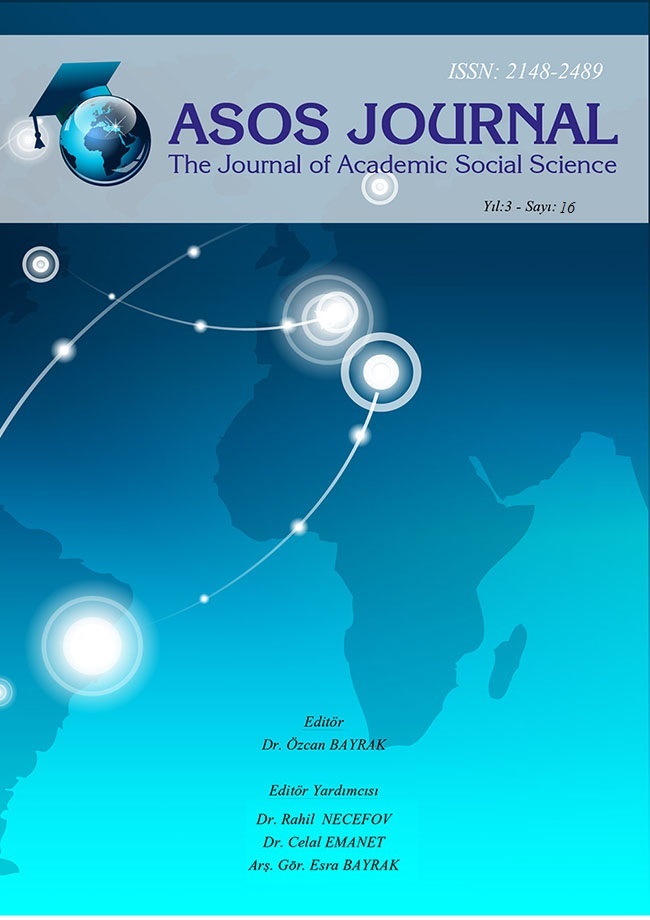Author :
Abstract
Bu yüzyıl başında yaşanan şirket skandalları bağımsız denetimin kalitesi ve denetçinin bağımsızlığı etrafında toplanan birçok soruyu gündeme getirmiştir. Skandalların sorumlusu olarak, kaybolan denetçi bağımsızlığı ve bununla ilişkili düşük denetim kalitesi gösterilirken, sermaye piyasasındaki finansal tablo kullanıcılarını koruyucu bir araç olarak gerek sorumlu ortak denetçi gerekse denetim firması düzeyinde zorunlu rotasyon uygulaması tavsiye edilmiştir. Bu çalışmanın amacı, Yeni Türk Ticaret Kanunu’nda yer alan düzenlemeler ile Türkiye’de, Avrupa Parlamentosu’nda alınan son kararlar ile de Avrupa Birliği’nde yeniden gündeme gelen zorunlu rotasyon uygulamasını ulusal ve uluslararası düzenlemeler çerçevesinde incelemek; mevcut literatürdeki tartışmaları artı ve eksi yönleriyle değerlendirmektir. Konuyla ilgili tartışmalar ve araştırma bulguları, rotasyon uygulamasının denetçi bağımsızlığını güçlendirdiğini, hem denetim firmaları hem de denetlenen işletmeler için denetim maliyetlerini
Keywords
Abstract
Corporate scandals in the last era led researchers to question the quality of audit and auditor’s independence. As a result, low audit quality and the lack of auditor independence have been suggested as the main underlying reasons. As a potential remedy, mandatory rotation, either at audit partner level or audit firm level, has been proposed in order to protect the users of audited financial statements in financial markets. The aim of this study is to investigate the issue of mandatory rotation within the framework of national and international regulations, in light of the New Turkish Commercial Code in Turkey and the decisions of the European Parliament in the European Union, as well as to review the pros and cons associated with mandatory rotation in the literature. The findings of prior research suggest that mandatory rotation strengthens the independence of the auditor. However, it also increases audit costs for both audit firms and audited companies. Yet, prior research does not p
